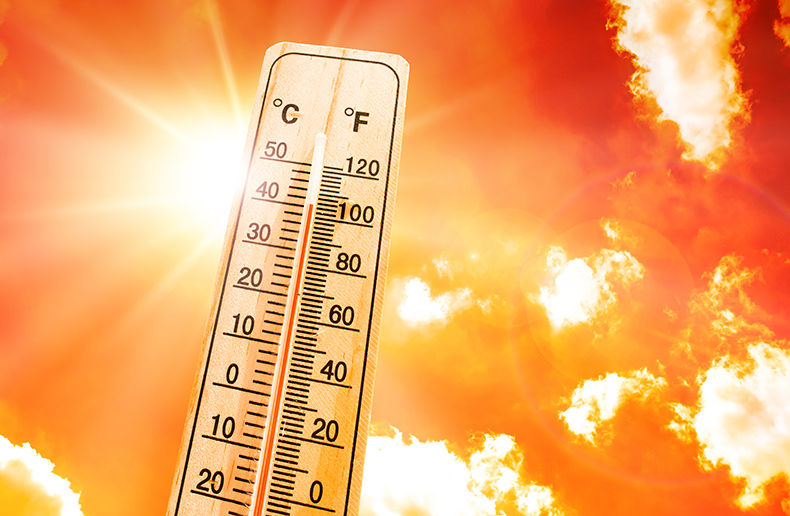Statistics Canada has published a new report, entitled The impacts of extreme heat events on non-accidental, cardiovascular, and respiratory mortality: An analysis of 12 Canadian cities from 2000 to 2020. In it, researchers estimate the longer-term impacts of extreme heat events on three mortality outcomes in a set of data from 12 Canadian cities.
“As climate change causes more frequent and intense extreme heat events, and as policy makers aim to reduce the health impacts of heat, it is important to understand how and where extreme heat affects health,” they write.
“Extreme heat has significant impacts on mortality. In Canada, past research has analyzed the degree to which non-accidental mortality increases during single extreme heat events; however, few studies have considered multiple causes of death and the impacts of extreme heat events on mortality over longer time periods,” the report adds.
The report looks at deaths that are directly heat related, including exhaustion, heat illness and heat stroke-caused deaths, those deaths associated with existing cardiovascular and respiratory health conditions and those deaths associated with the formation of air pollutants, such as ozone.
To compile the report, researchers looked at daily death counts attributable to non-accidental, cardiovascular and respiratory causes for the 12 most populous cities in Canada from 2000 to 2020. The impact on mortality was greater for people over age 65.
Higher non-accidental mortality risks
“Significantly higher non-accidental mortality risks were observed during extreme heat events for people aged 65 and older in Montreal, the city of Quebec, Surrey and Toronto. For cardiovascular and respiratory causes, people aged 65 and older had significantly higher mortality risks during extreme heat events in both Montreal and Toronto,” they write.
In the 12 cities represented, approximately 670 excess non-accidental deaths, 115 excess cardiovascular deaths and 115 excess respiratory deaths were identified during the study period.
“During the 21-year study period, extreme heat events were most frequent in the cities located in southwestern Ontario and least frequent in the cities located in British Columbia. For example, Toronto and Hamilton, which experience a continental climate characterized by warm and humid summers, averaged approximately 11 and 7 extreme heat days per year during the study period, respectively. By comparison, both Vancouver and Surrey, which experience more moderate oceanic climates, averaged about one extreme heat event day per year,” the report’s researchers write. “The consistency of extreme heat events over time also varied considerably; for example, Vancouver recorded six years with one or more extreme heat event days, while Toronto recorded 19 years.”
They also say mortality risks during extreme heat events were generally higher in cities with larger proportions of renter households and fewer extreme heat events.




